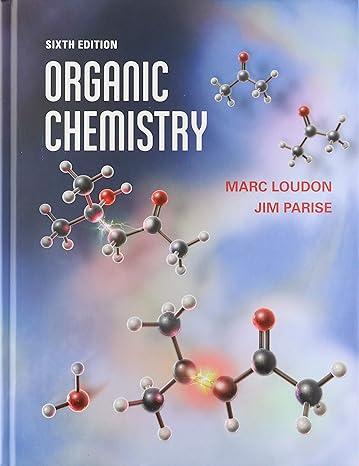Buster Bluelip, a student repeating organic chemistry for the fifth time, has observed that alcohols can be
Question:
Buster Bluelip, a student repeating organic chemistry for the fifth time, has observed that alcohols can be converted into alkyl bromides by treatment with concentrated HBr. He has proposed that, by analogy, alcohols should be converted into nitriles (organic cyanides, R—C‚ ≡ N) by treatment with concentrated HC ≡ N. Upon running the reaction, Bluelip finds that the alcohol does not react. Another student has suggested that the reason the reaction failed is the absence of a strong acid catalyst. (HCN is a weak acid.) Following this suggestion, Bluelip runs the reaction in the presence of H2SO4 and again observes no reaction of the alcohol. Explain the difference in the reaction of alcohols with HBr and HCN—that is, why the latter fails but the former succeeds.
Step by Step Answer:






